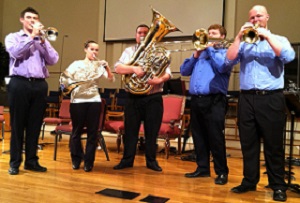Horse of a Different Color
Have you ever talked with someone and their response had nothing to do with what you said? They were talking about a horse of a different color.
Have you ever bought something you thought you liked? However, later you realized it was not what you bought before? You bought a horse of a different color.
Has anyone ever invited you to a gourmet meal but took you to a fast food restaurant instead? That meal was a horse of a different color.
The traditional Swedish Dala in this photo is definitely a horse of a different color. We also find one in a brief scene from the Wizard of Oz movie. Both provide fun reminders of the totally different items and experiences our world offers. Both also remind us that different does not necessarily mean bad — simply unrelated.
The following may help us adjust to every difference, whether good or bad.
- Listen well.
- Observe carefully.
- Expect the unexpected.
- Don’t stress.
- Accept what helps.
- Reject what harms.
“Every good and perfect gift is from above, coming down from the Father of the heavenly lights, who does not change like shifting shadows” (James 1:17 NIV).
Do you have an expression you want explained? If so, please comment below.
Subscribe to receive my weekly posts by email and receive a free copy of “Words of Hope for Days that Hurt.”
If you enjoyed this post, please share it with your friends.









